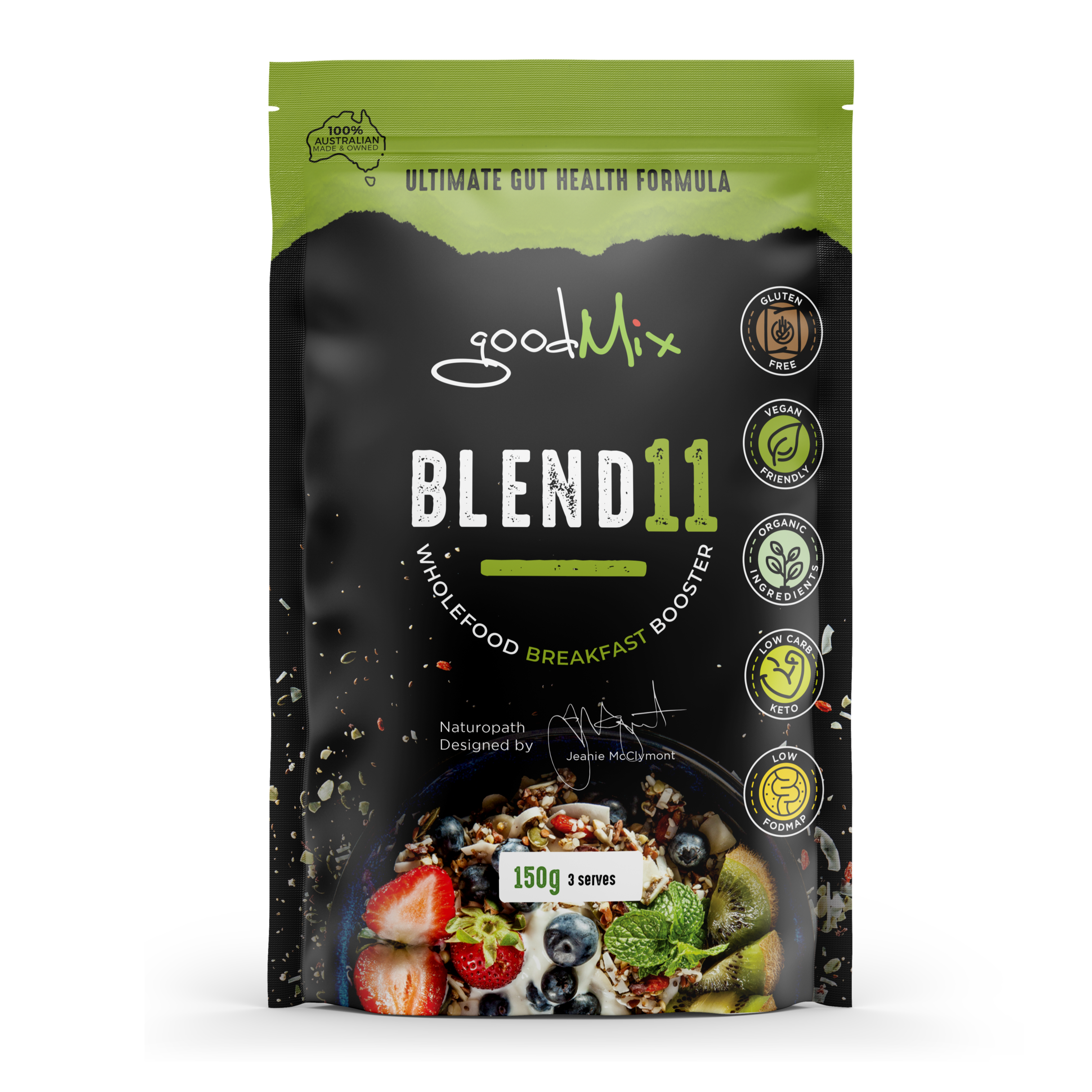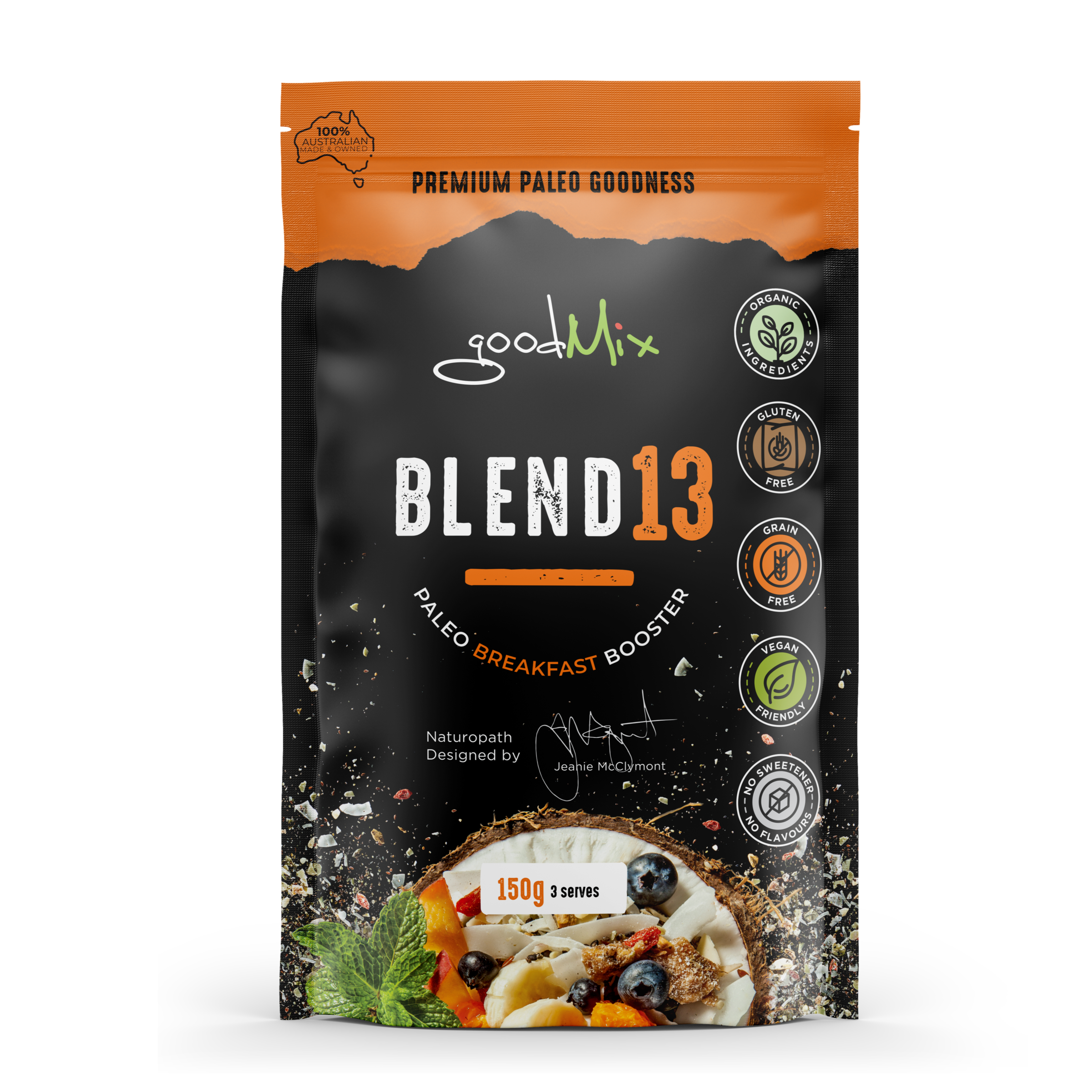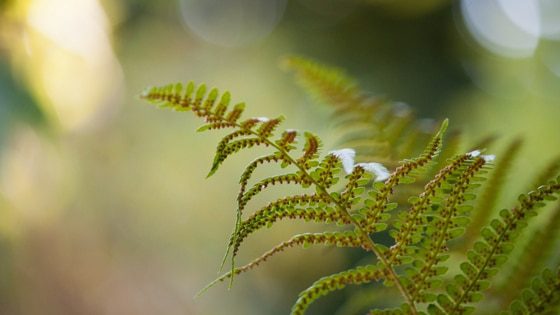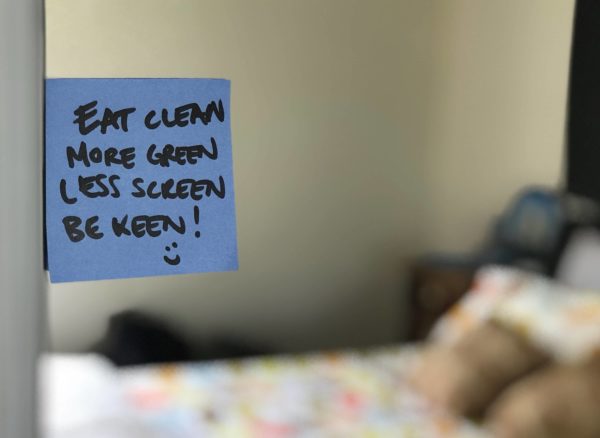
Humans - They’re Just Like Pot Plants
Humans, like plants have a few basic needs, & when they’re not met properly, we can start to suffer from ‘failure to thrive’. We get out of balance, start to look a bit sad & become susceptible to all kinds of diseases, depending on our weak areas / our constitution & the types of stressors effecting us. Just like plants when their needs for water, soil nutrients, sunshine etc are not being met - they stop thriving.
I wonder - are we using our time, energy & research dollars efficiently, searching for a ‘cure’ for every individual disease that effects us? Or are we better off approaching human disease from another angle: ‘why are so many things going wrong here, how do we better care for & strengthen the ‘human plants’ in this ‘earth garden’?
Think about a garden. In that garden is a plant, which is not doing so well - it looks unhealthy, maybe not dying but definitely not thriving. What do you (as the gardener) do? You go through a checklist in your head - what are the basic needs of this plant? The right amount of water & sunlight, the right temperature range, humidity, soil / potting mix suitable the individual plant, a pot big enough to provide space for the root system, maybe some mulch on the top to keep the moisture levels more even & ensure good soil health & structure, check there are no obvious signs of infestation or attack from bugs…usually this kind of checklist will give you some ideas & actions to take to help you nurture the plant back to the thriving, beautiful life form it wants to be, instead of a weak, fragile, barely ’surviving’ plant. Humans are not that different.
I believe when dealing with chronic disease, a health professional should think like a gardener. When a human is ‘not thriving’, there should be a checklist to go through at first instance, aimed at strengthening & balancing the human, before medication is employed. You don’t automatically spray a pot plant that isn’t thriving with chemicals, yet that is often the medical approach to chronic illness! Chemical meds are commonly the first (or only option) when you’re under the care of a hospital / gp. Obviously - in some severe acute illnesses / injuries, you need to go straight in with intensive pharmaceutical intervention & support. But in most chronic cases, you can get the ailing human back on track, & headed towards thriving, by making a few adjustments…
Here’s a health checklist to go through when you or a family member are not thriving! These are ‘stressors’ that can usually be removed / changed to support the health of the organism - it can be just like moving a pot plant into a sunnier spot!.

Air:
Fresh air! It seems like a pretty obvious human need, but sadly it’s getting hard to come by. You may think - ‘oh I’m fine, I live in the relatively unpolluted Australia’. Maybe...but what if you cycle, walk or jog along a busy road daily? Or your job requires you to be in places with poor air quality for much of the day - i.e. you work as a nail technician or a factory hand in a dusty manufacturing shed? Or you’re a painter? Humans breathing poor quality air can expect to suffer more from hay fever, asthma & other respiratory symptoms (as you’d expect), as well as many other complaints you may not have expected, as pollutants in the air can end up reaching your bloodstream through your lungs. Cancers, cognitive issues, headaches, premature babies & low birth weights, plus many more health issues you wouldn’t think - can be caused or aggravated by breathing too much polluted air. Solution: everybody move to the country or wear a mask? Just be aware that if you are exposed to excess air pollution, it could be impacting your health - definitely your respiratory system, but also other things. Consider a move &/or change of job if you suspect this is true for you.Water:
Another of our most basic physical needs, it makes up such a huge part of us - a healthy human should be somewhere around 60% water. When water is in short supply you start to droop - acute dehydration is fairly obvious - but chronic, mild dehydration can cause symptoms like headaches, constipation, skin problems, plus many many more. . Get a water bottle you love, fill it with clean filtered water daily & drink up. Especially remember to hydrate after being physically active, when the weather is hot & when you’re out in a drying wind. The same as your garden needs more or less water, depending on the conditions - your water requirements are not static. 2L a day is just an average!Nutrients:
Nutrients are the building blocks of all living organisms (yep, plants & humans). The ’substances that provide nourishment essential for the maintenance of life & for growth’. Just like plants need nutrients in the right balance from their soil, humans need a balanced supply of nutrients from their food to build & repair body tissue, make new cells, enzymes, hormones, neurotransmitters, maintain normal metabolism & make sure everything is working properly. Things go wrong in plants & humans when nutrients are deficient or unbalanced. Ie humans with not enough iron or B12 to make healthy red blood cells can become lethargic, unable to function well physically as their red blood cells cannot properly deliver oxygen to cells. Many illnesses are known to be caused by nutrient deficiencies, & almost certainly there are many more that we’re unaware of. Nutrient requirements can vary hugely from person to person, depending on ethnicity, genetic makeup / constitution, metabolism, gut function & microbial populations, climate, lifestyle, lifestage etc. What works for one person may not work for the next, the same as a waterlily has some different nutrient requirements to a rose bush. The sad thing today is that whilst we have an abundance of food in Australia, much of that food is very nutrient deficient.Microbial ecosystem:
Plants, animals & humans are like ‘mini planets’, each supporting their own ecosystem of many other life forms, hopefully living in a balanced & harmonious state. Your personal ecosystem can cause you health problems if it’s out of whack. One of the most obvious places to see microbial imbalance is the skin - living in tropical environments you can get all kinds of skin overgrowths due to the humidity, in adolescents with suddenly oily skin you can see an overgrowth of oil-loving, acne-causing bacteria. You can easily get itchy fungal imbalances in warm, damp crevices like armpits, under boobs, the groin area etc. Of course, broad spectrum antibiotics are the big one - these are devastating to our bacterial friends, wreaking havoc on the gut. Always remember that you’re a walking ecosystem, & be mindful of doing things that can unbalance your microbial life - i.e. using antibiotics necessarily, strong antibacterial washes, antifungals - anything that is powerful enough to use as a treatment can also potentially cause microbial imbalances. Opt for the gentler, more natural skin & personal care products, bathe ‘less rigorously’ use minimal products, eat organic, use natural cleaning products, & always question your Dr on the relevance of medication - sure it may be 'safe with no known side effects' but what about for your microbes?




